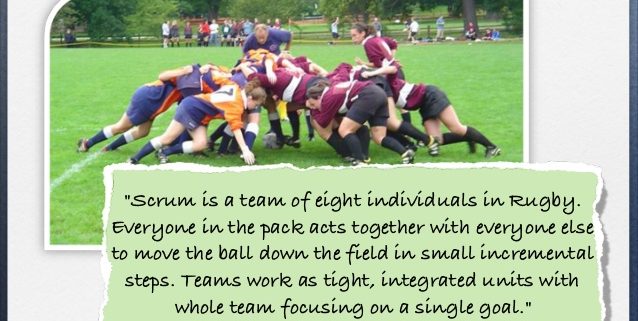Scrum Master Is Not A Project Manager

The Specific Reasons Why a Scrum Master is Not a Project Manager
Companies new to Agile often fall into the crucial trap of mistaking the Scrum Master role with the role of a Project Manager. This often leads towards a dramatic detriment in productivity, since the Scrum Master role requires a very specific skillset which is entirely different from the more generalist role of a Project Manager.
This article will point out the main differences between those roles and help you to chose the right person for both positions to make your project a success.
The Classical Role of Project Management
The Project Manager leads the project on a day-to-day basis, controls, communicates and provides direction. His role can be summarizes into the four following categories:
1: Manage Processes: The Project Manager gets the project “up and running”, selects the team, establishes milestones and project schedules with the team and leads the project on a daily basis
2: Track Process: The Project Manager monitors the timely achievement of milestones, tracks team costs and investments, overseas the documentation and provides direction
3: Facilitate Cross-Functional Collaboration: The Project Manager Identifies linkages between sub-projects and coordinates cross-team cooperation
4: Communication: The coordination of key project-related messaging to internal and external audiences, as well as communicating project information to the line management are Project Management roles
The Specific Role of the Scrum Master
The Scrum Master on the other hand does not manage the team on a daily basis. His role is more of a coaching and a facilitation role regarding Scrum, which makes him the link between the project team and the client.
Scrum Masters cooperate closely with the Executive Sponsor. They ensure that the project complies with Scrum and that all processes are implemented properly. The role can be summarized into the 3 following categories:
- Overcome Stumbling Blocks: The Scrum Master steers the development, resolves problems and involves the right people in the development process
- Oversee the Groundwork: The Scrum Master keeps two eyes on user experience, functionality issues and feedback from all stakeholders
- Provide Guidance: Helping to facilitate changes and assist in the planning process while providing overall Scrum guidance is a crucial function of the Scrum Master
There you have the main difference:
The Scrum Master is there to help and assist with highly specific technical knowledge but not to manage the workflow.
Summary: The Scrum Master is not a Project Manager
The role of the Scrum Master is more specific and technical than the more general role of a Project Manager. Both are important. Confusing these roles however almost certainly leads towards failure in the execution of Agile – and towards huge losses.
Make sure you have these important positions covered with the right people.





